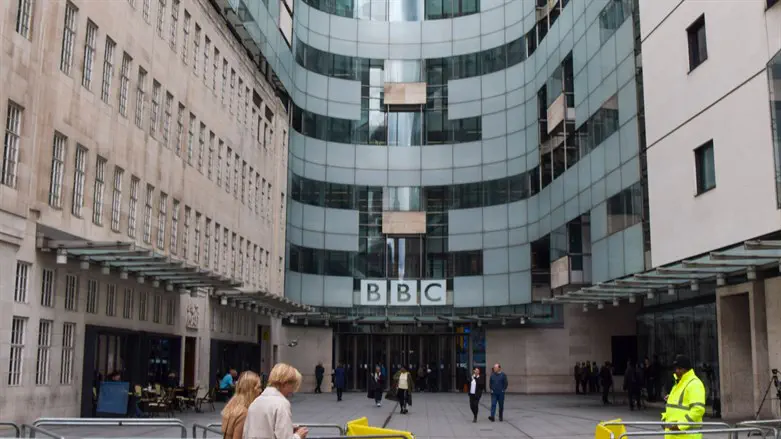
The BBC’s head of news, Deborah Turness, told staff that Gaza's Hamas-run government and its military wing are “different,” in remarks made following the fallout from the now-pulled documentary "Gaza: How to Survive a Warzone," the Telegraph has reported.
The documentary, which aimed to shed light on the challenges faced by civilians in Gaza, featured 13-year-old Abdullah Alyazouri as a narrator. However, shortly after its release, it came to light that Abdullah is the son of Ayman Alyazouri, the deputy minister of agriculture in the Hamas-run government. This familial connection to the governing authority in Gaza was not disclosed during the program, leading to widespread criticism and the eventual withdrawal of the documentary from circulation.
An internal review led by the BBC's director of editorial complaints, Peter Johnston, concluded that the omission of Abdullah's family background constituted a significant breach of editorial standards, particularly regarding accuracy and impartiality. The lack of transparency was seen as misleading to audiences and sparked concern among media watchdogs and advocacy groups.
In a video shared with The Telegraph, Turness is seen addressing BBC staff on the matter. “It’s really important that we are clear that Abdullah’s father was a deputy agriculture minister, and therefore was a member of the Hamas-run government, which is different to being part of the military wing of Hamas,” she stated.
These comments were reportedly made in response to a query from a member of the BBC Arabic service, who raised questions about the internal handling of the documentary. Turness stopped short of defending the decision to air the program, and she did not suggest that the BBC was wrong to pull it from further broadcast.
Nevertheless, Turness’s remarks have provoked further backlash, with critics asserting that they reflect a misunderstanding or misrepresentation of the UK Government’s official position on Hamas. The government has explicitly stated that it does not recognize any distinction between the political and military wings of the group, which it designates in its entirety as a terrorist organization.
The Telegraph highlighted that Danny Cohen, the former head of BBC Television, described Turness’s comments as "staggering" and indicative of a broader problem within the BBC's approach to covering Middle Eastern conflicts. Other critics have echoed these concerns, questioning whether the BBC has adequately addressed the implications of its editorial decisions in this case.
In response to the controversy, a BBC spokesman stated: "Deborah Turness was answering a question about how we described the father of the narrator in our Warzone film. She did not imply that Hamas is not a single terrorist organization."
The broadcaster reaffirmed its position that Hamas is a proscribed terrorist group by the UK Government and reiterated its commitment to accurately presenting the complexities of governance and life in Gaza. The BBC added that the documentary will not be shown again in its current form and apologized for the oversight.
